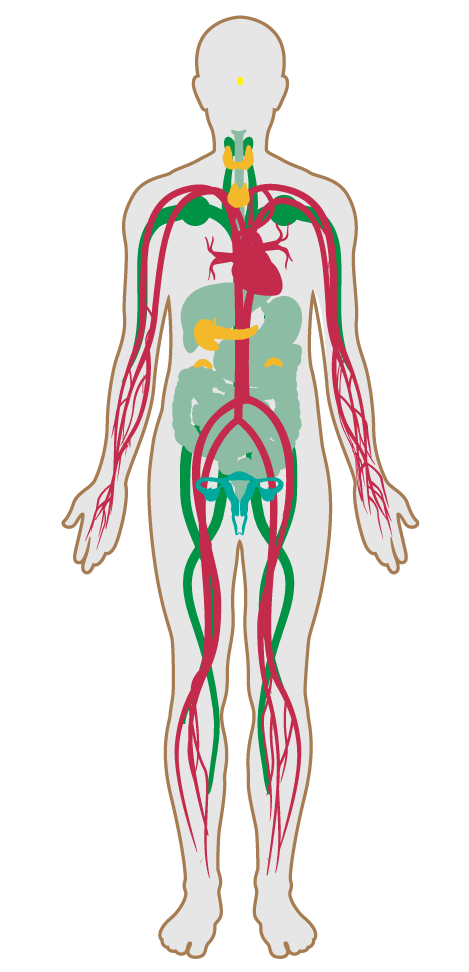Stress and addiction treatment
Features/Mind/Feature 95
- 84 Health and wellness awareness
- 85 Integrative design
- 86 Post-occupancy surveys
- 87 Beauty and design I
- 88 Biophilia I - qualitative
- 89 Adaptable spaces
- 90 Healthy sleep policy
- 91 Business travel
- 92 Building health policy
- 93 Workplace family support
- 94 Self-monitoring
- 95 Stress and addiction treatment
- 96 Altruism
- 97 Material transparency
- 98 Organizational transparency
- 99 Beauty and design II
- 100 Biophilia II - quantitative
- P5 Health through housing equity
- P6 Education space provisions
Stress and addiction treatment
Intent:
To avoid or mitigate substance use and addiction issues by providing access to stress management programs.
BACKGROUND
Chronic stress adversely impacts the body, from the nervous to the cardiovascular system. Substance addiction is one of the most damaging manifestations of stress, combining the toxicity of the substance itself with the mental distress associated with the social stigma of the disease. In recent years, refinements in addiction treatment and stress reduction therapies, as well as pharmacological interventions have been successful in helping to mitigate these debilitating conditions.
A program that addresses psychological and behavioral distress is made available to workplace occupants through:
a.97
Employee Assistance Programs (EAPs) offering short-term treatment and referrals to qualified professionals for depression, anxiety, substance use, addiction and co-occurring mental health issues.
A program that addresses psychological and behavioral distress must be made available to students through the provision of one of the following:
a.
Access to short term treatment and referrals to qualified professionals for depression, anxiety, substance use, smoking cessation, addiction and co-occurring mental health issues.
b.
Qualified professionals such as nurses or guidance counselors available on-site for consultations on depression, anxiety, substance use, smoking cessation, addiction and co-occurring mental health issues.

